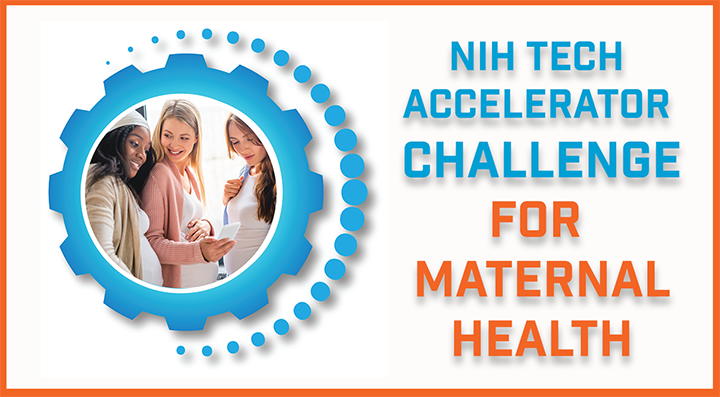
Prize Competition for Maternal Health
NIBIB launched the NIH Technology Accelerator Challenge (NTAC) series of prize competitions to stimulate the design of new diagnostic technologies to transform public and global health and to accelerate the full development of those products for use in low-resource settings. This iteration of NTAC awarded cash prizes for innovative diagnostic technologies to help improve maternal health by diagnosing conditions related to maternal morbidity and mortality. Pregnancy and childbirth complications are a major global health problem resulting in the deaths of more than 800 women and 7,000 newborns each day. Contributing to the high rates of maternal morbidity and mortality in low-resource settings is the lack of low-cost diagnostics that operate at the point-of-care and are capable of detecting and differentiating common conditions during antenatal and intrapartum periods of pregnancy. Therefore, the intended purpose of NTAC: Maternal Health was to spur and reward the development of low-cost, point-of-care molecular, cellular, and/or metabolic sensing and diagnostic technologies integrated with a digital platform to guide rapid clinical decision-making, improve patient outcomes, and ultimately prevent maternal morbidity and mortality.
See links below to the 2022 prize winners and winner showcase webinar.
NTAC for Maternal Health Winner Showcase Webinar
Challenge winners presented their technologies at the VentureWell-hosted NTAC for Maternal Health Winner Showcase webinar.
NTAC for Maternal Health Announcement



